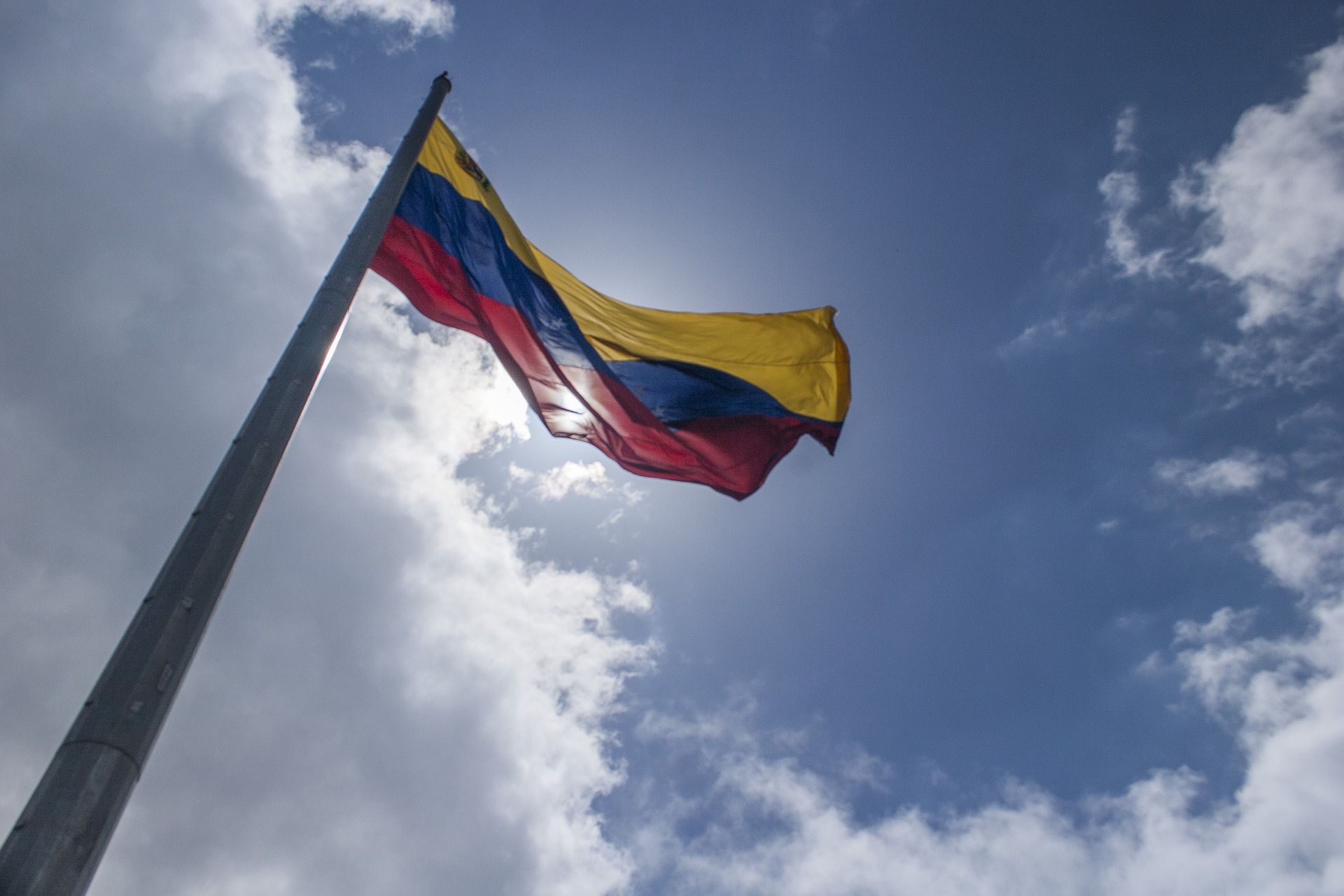
On December 7, the Interim Government of Venezuela (IGV) will hold a Popular Consultation with Venezuelans across the country and in the global diaspora, in an effort to invalidate the regime’s unconstitutional elections on December 6 and underscore public demands for free and fair elections. What do these back-to-back contests tell us about the prospects for Venezuela’s democracy movement and the longevity of the illegitimate Maduro government?
This weekend, Nicolás Maduro will hold parliamentary elections to replace the National Assembly (NA) – Venezuela’s last remaining legitimate and democratic body, whose mandate is set to expire on January 5 – with his own handpicked candidates. In preparation for this farcical “election,” Maduro has banned several opposition leaders from participating in Monday’s polls and substituted them with regime-aligned leaders.
The IGV – with the backing of 27 political factions – has adhered to the Venezuelan constitution and organized a Popular Consultation, in which all Venezuelans (including the more than 5 million living abroad) will be asked to answer three questions about the democratic integrity of this weekend’s elections either online or in-person from December 7 to 12. By giving voice to the public’s demands, the Consultation aims to revitalize international cooperation, restore the conditions for free and fair elections and overcome the country’s economic and humanitarian crisis.
Despite the Consultation’s noble goals and its success in uniting political leaders around them, the implementation of the “Consulta Popular” will face challenges such as COVID-19 restrictions, online censorship and lack of internet access. Additionally, though the IGV is the constitutionally appointed government, the regime still retains a monopoly of power on key institutions, the country’s socioeconomic crisis is growing, divisions between opposition forces continues to widen and the IGV is struggling to counter the regime´s disinformation tactics. Each of these factors complicate the IGV’s strategy to block Maduro’s illegitimate elections and ensure a democratic transition of power through the Consultation.
There are a few possible consequences of next week’s dueling contests. The international community will likely reject the December 6 parliamentary election results. However, they might also question who leads the assembly in the absence of a democratically-elected parliament, which would create a vacuum of power and put the country’s democratic development at risk. Additionally, without a clear mechanism to monitor the participation of Venezuelans, domestic and international actors could reject the Popular Consultation’s accuracy and doubt whether it represents all citizens. If the Consultation fails to include all citizens, it will weaken the IGV’s role as a champion for democracy in Venezuela.
Nevertheless, there is also the possibility that the Popular Consultation could garner more domestic and international support towards the IGV and increase pressure on the Maduro regime. With more support, the IGV could call for true democratic parliamentary and even presidential elections. While the Consultation has not yet established an action plan for Venezuela’s democratic transition, it could give the opposition the boost they need to re-strategize and revitalize their base.
Despite the uncertainty of Venezuela’s political future, the Popular Consultation has the potential to give citizens a voice and advocate for democratic change. IRI will continue to monitor the situation and stand with the Venezuelan people in pressing for their right to live in a free and democratic society.
Top